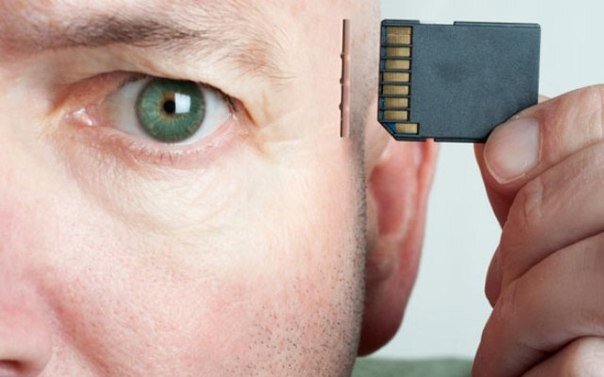
At The Thought Spot…


Play me, scroll, & blast off!
Let’s show you
all
The Thought Spot
has
to offer.

Welcome to the department of C.W.’s better half…
…or should we say, the department of his right side (of the brain) man.
S.M. Stone’s
Thought Spot
Let’s meet the Rocketman…
Here is S.M. Stone, the man himself holding a real brain… how he got it out of a human skull?
Visit The Cutting Room to find out how…
Here stands not only C.W.’s twin brother, but a man who demands the greatest of him, and at the same time, nothing at all. A man who pushes C.W. far beyond his limits, mentally, spiritually, and sometimes physically, to unimaginable heights.
He is the reason C.W. Studios stands strong before you today. We thank him for his simple existence, and for making this life the greatest gift C.W. could ever ask for.
You’ll be very excited to see what he has in store for you in his very own section of the Studio.
To find out a little more about the genius of S.M. Stone, hit the button here, or scroll on down!

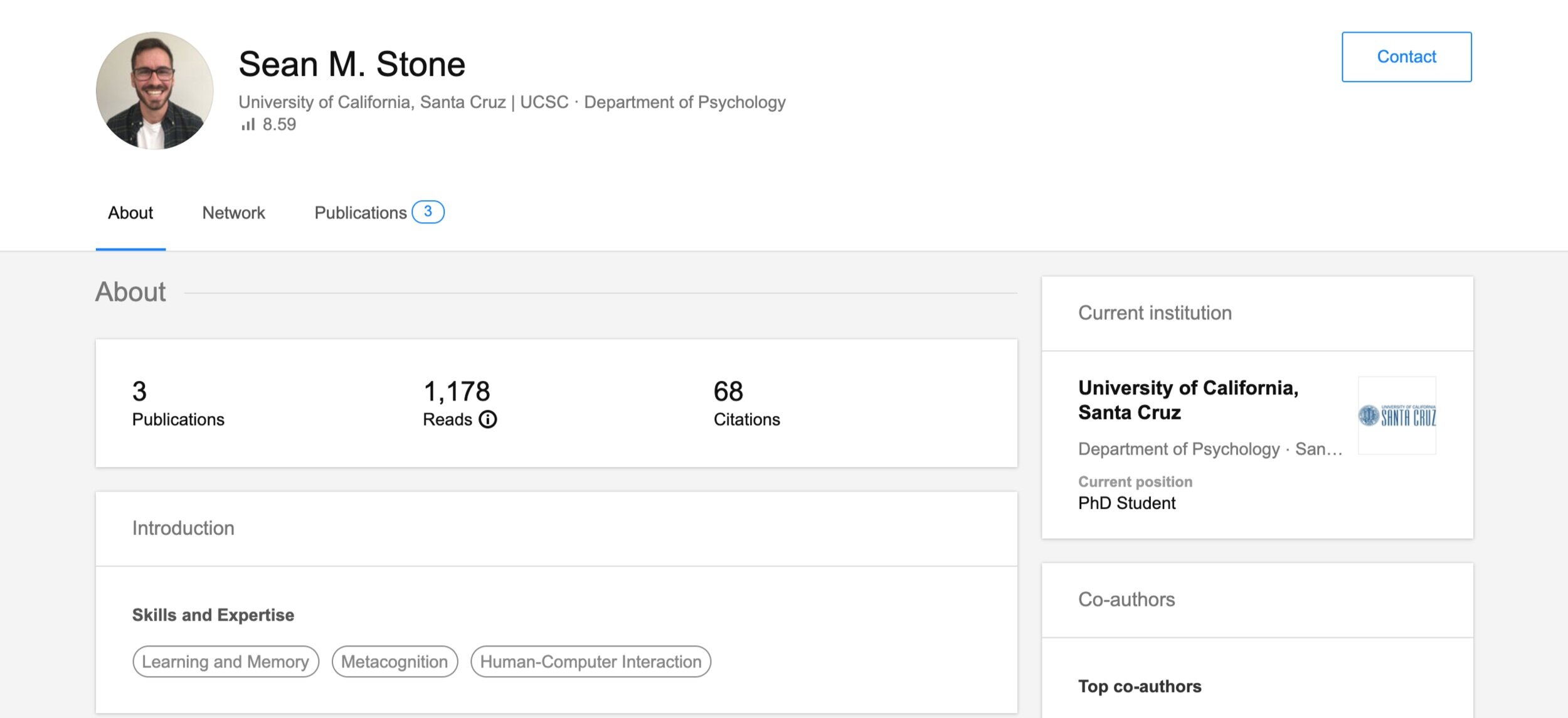

S.M. Stone’s Psychology Research
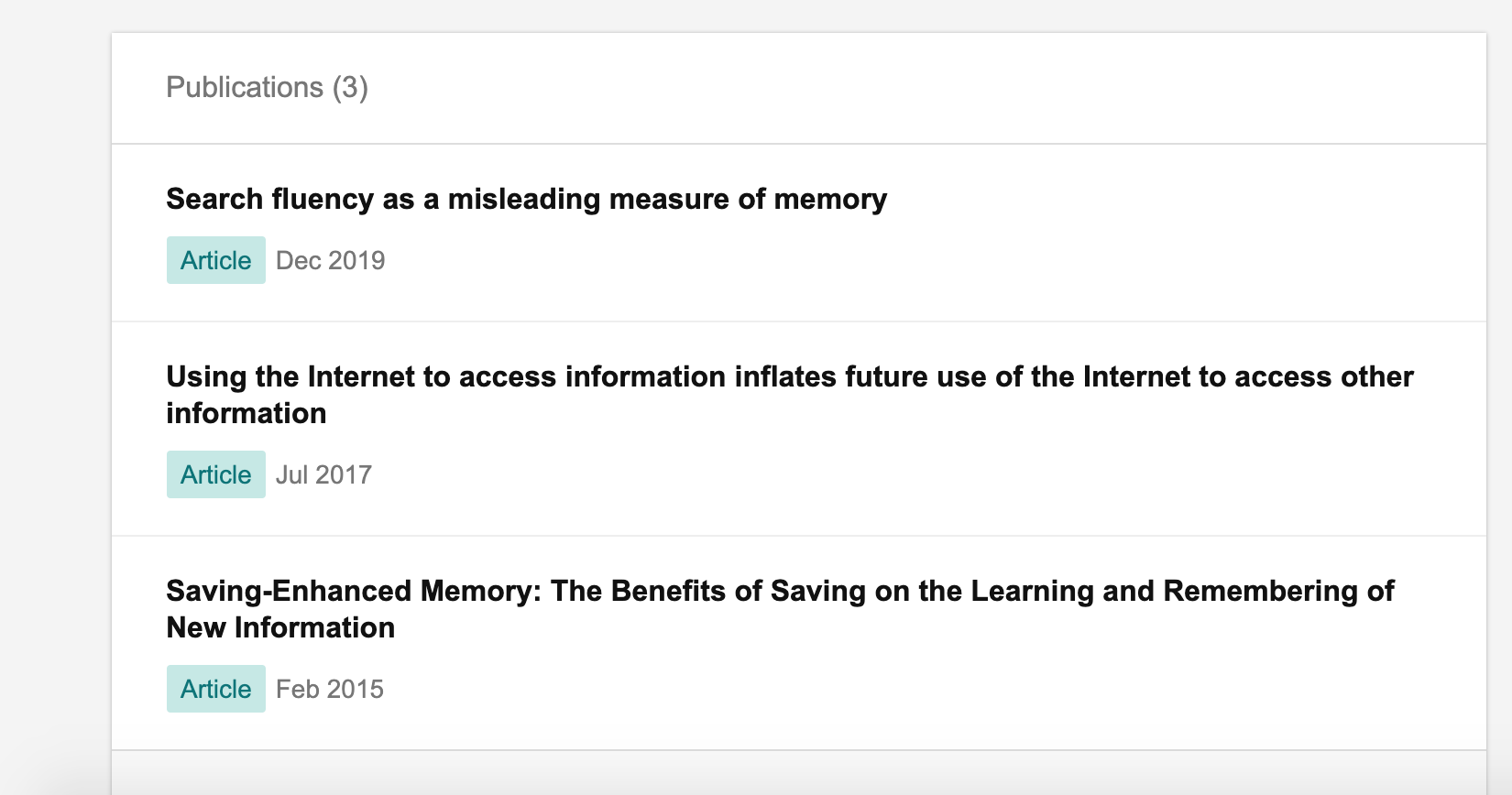

Explore…
“This discovery will create forgetfulness in the learners’ souls, because they will not use their memories; they will trust to the external...and not remember for themselves.”
“The value of a college education is not the learning of many facts, but the training of the mind to think.”
Search fluency as a misleading measure of memory
Using the Internet to access information inflates future use of the Internet to access other information
Saving-Enhanced Memory: The benefits of saving on the learning and remembering of new information

Discover…
An interview with S.M. Stone
Q: “Your research shows that using the Internet to access some information makes one more likely to use it again to access other information. Can we say that this habit is an addiction?”
A: “I wouldn't go as far as calling this behavior an addiction. It appears, at most, to be a tendency that Internet users may be developing as a result of retrieving information online. Previous research has taught us that once we become familiar with using a certain strategy to say, solve a problem or think up a solution, we can become "fixated" on using that same strategy to solve problems in the future. In relation to our recent work, those who answered questions with the help of the Internet became fixated on using the Internet to help answer additional questions compared to those who originally answered from memory. Interestingly, those who became fixated on the Internet also spent less time waiting before using the Internet than those who were not fixated—presumably because they were spending less time searching their own memory for possible answers. It is likely that the more familiar we become with using the Internet to retrieve certain types of information, the more we will come to rely on it (as opposed to our own memory) to retrieve that information in the future.”
Q: “How has the Internet and the means of data storage changed people’s behavior?”
A: “For one thing, the Internet offers us access to an incredible amount of information—a depth and breadth of expertise that, until recently, has never been available. It comes as no surprise then, that we are constantly gathering information online and communicating that information to one another. The Internet has made storing and sharing information easier than ever. For this reason, having access to the Internet is likely to influence how we prioritize information in mind and how we choose to exercise our memories in relation to it and other external sources.”
Q: “Is there any relation between having easy access to information on the Internet or on a cell phone and our difficulty in memorizing that same information?”
A: “Research on cognitive offloading has offered some evidence to suggest that information perceived as accessible is more likely to be forgotten than information perceived as inaccessible. By saving phone numbers into a cell phone or writing a reminder on a calendar, one may feel as though that information is not important to remember because it can be referenced. This behavior seems to be strategic, given the amount of mental effort required to encode and maintain information in mind. If one assumes that the Internet will always be accessible, retrieving information online may reduce the burden of needing to remember trivial information one’s self. In contrast, if one were to become fixated on using the Internet to obtain information and then lose access to it, they may find themselves unable to remember information that they had previously offloaded onto the Web. Fortunately, the Internet will most likely remain an accessible information source as much of our world depends on it.”
Q: “How does the habit of going online to search for information affect our ability to memorize in the long-term?”
A: “Unfortunately, there is still much research to be done before any claims can be made about how the Internet will affect us in the long-term. One possibility is that an over-reliance on the Internet may lead us to offload too much information to the Web—potentially reducing our ability to use that information when thinking flexibly and creatively. With that said, I feel as though reliance on the Internet will prove to be more useful than harmful. The Internet is generally more reliable than our particularly fallible memories and contains new and conflicting information to help us update our knowledge of the world. Similarly, we seem to be much better off having the Internet as a means of communication than not. I think that if the Internet remains a dependable information source, we stand to gain much more than we will lose by relying on it.”
Q: “What are the implications of not challenging our cognition when we have easy access to the Internet?”
A: “In our recent work, we found that those who became familiar with retrieving information online reported having a lower desire to engage in challenging cognitive behavior, soon after, compared to those who retrieved information from memory. This finding suggests that using the Internet may not only make us more likely to use it again in the future, it may also temporarily reduce our willingness to mentally challenge ourselves. The consequence of this behavior, though, remains an open research question.”
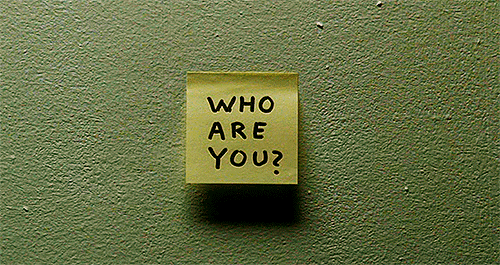

The Thought Spot

The Thought Spot Departments
Psychology
A place where the human brain is sacred and appreciated. All things behavioral, psychological, and philosophical are studied and practiced here.
Research
Study and process of the advancement of pushing the limits of our knowledge, and understanding of the brain, and how its functions can evolve our species.
Mindfulness & Well Being
C.W.’s favorite Department. Where changing perspective and letting go, can make you enjoy and cherish life more. Meditation and learning new methods of cognition are practiced here.
Health & Fitness
Facilities provided here ensure top shape of mental and physical health: including recreational activity, gym, physical therapy, nutrition, medical care, and treatment spaces.
Well being & self transformation is something that C.W. and his Studios care deeply about. They want to provide a place where you can start to find your true potential, and make life something that wants to be lived. Please visit co-creator and transformational comedian Kyle Cease’s website @ kylecease.com if at all interested. He has helped C.W. tap into his true potential, and would love to do the same for you.
The time is now, at C.W. Studios.

Play and scroll at your own risk.

And now…
The Thought Spot…
presents…

a journey into the mind of S.M. Stone…
in…


“Nothing happens in contradiction to nature—only in contradiction to what we know of it. ”
“Sometimes the only sane answer to an insane world is insanity.”

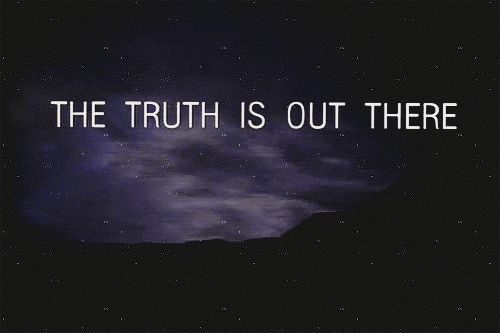

The X-files.
The X-files is a collection of essays written and curated by S.M. Stone. Essays will often include themes surrounding cognitive science, psychology, neuroscience, philosophy, spirituality, science fiction, movies, and music.
Browse at your leisure and read whatever seems of interest, but don’t forget to check back in every once in a while for new and exciting thought pieces.
The Thought Spot also encourages you to write whenever you feel like it about whatever you feel like. Whether it be in the form of fiction, non-fiction, poetry, or even stream of consciousness, writing helps you exercise your mind and your imagination so that the dream can stay alive.
Click the link below to explore the X-files:

Thank you for time well spent at The Thought Spot.
Before you continue on with the tour, browse some films that deal with mental health, and films that C.W. and S.M. Stone cherish deeply together.







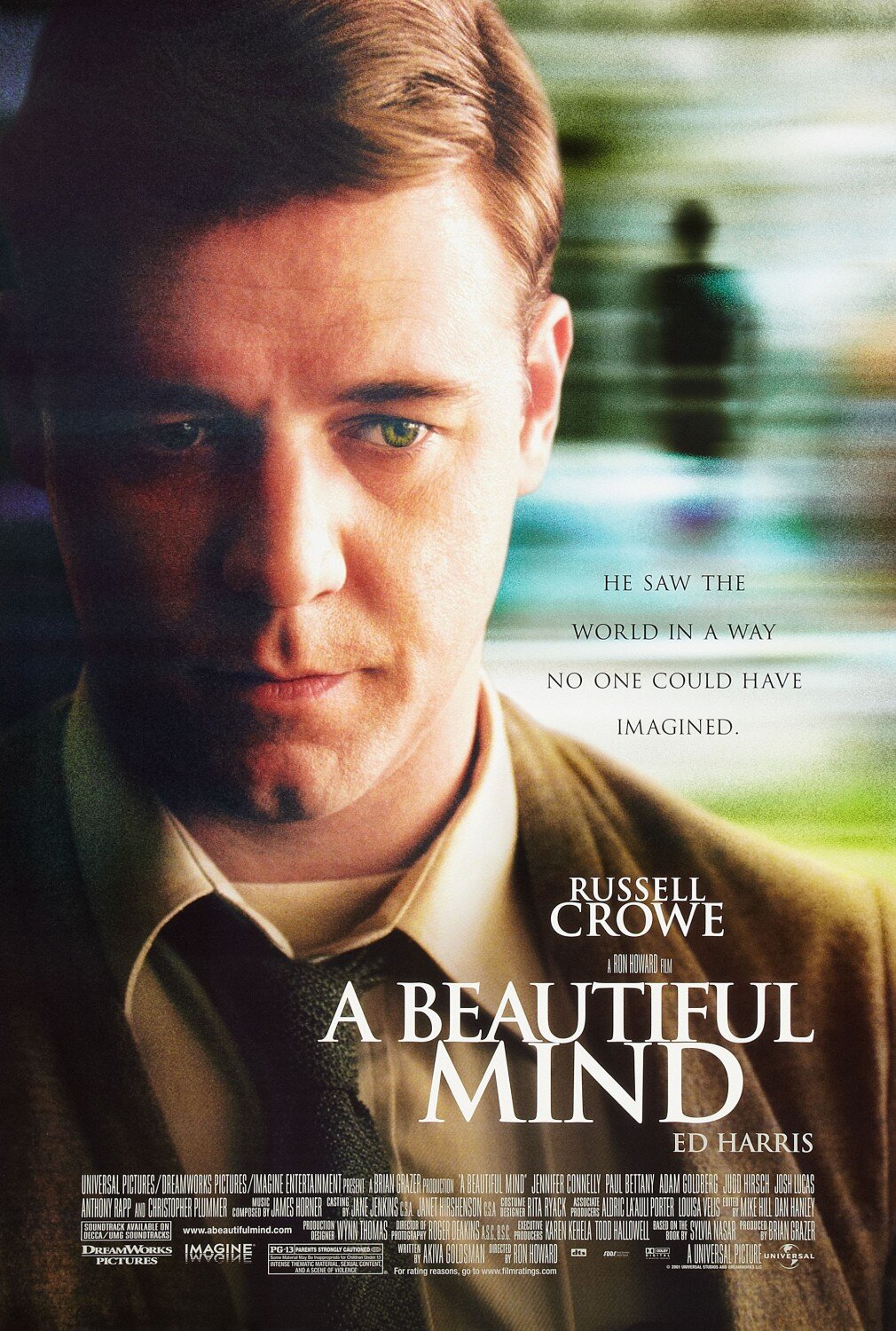




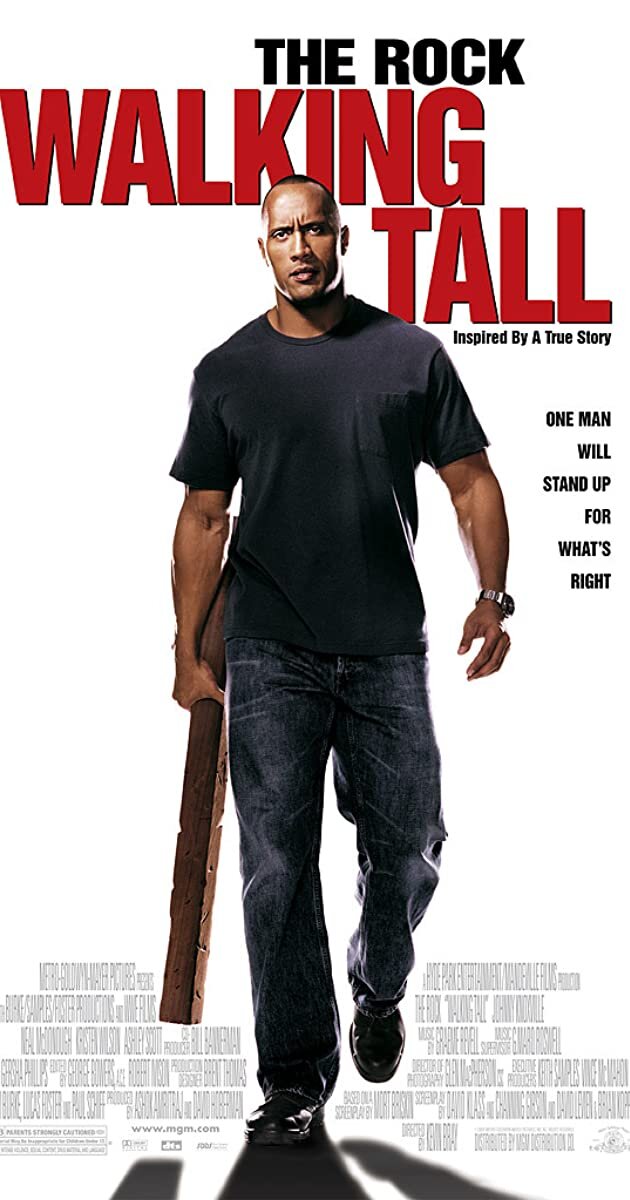

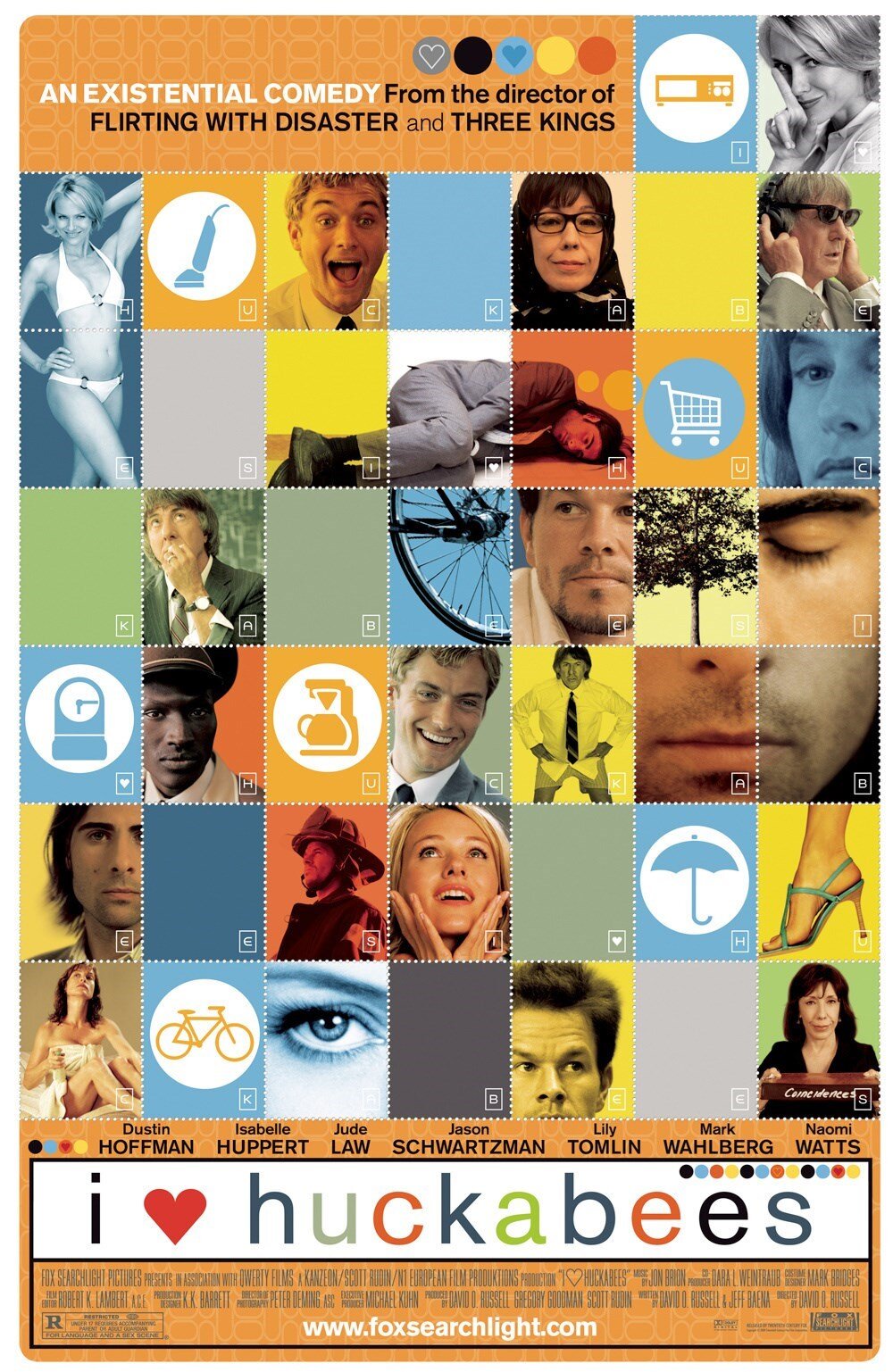




The C.W. Story
Part 3




